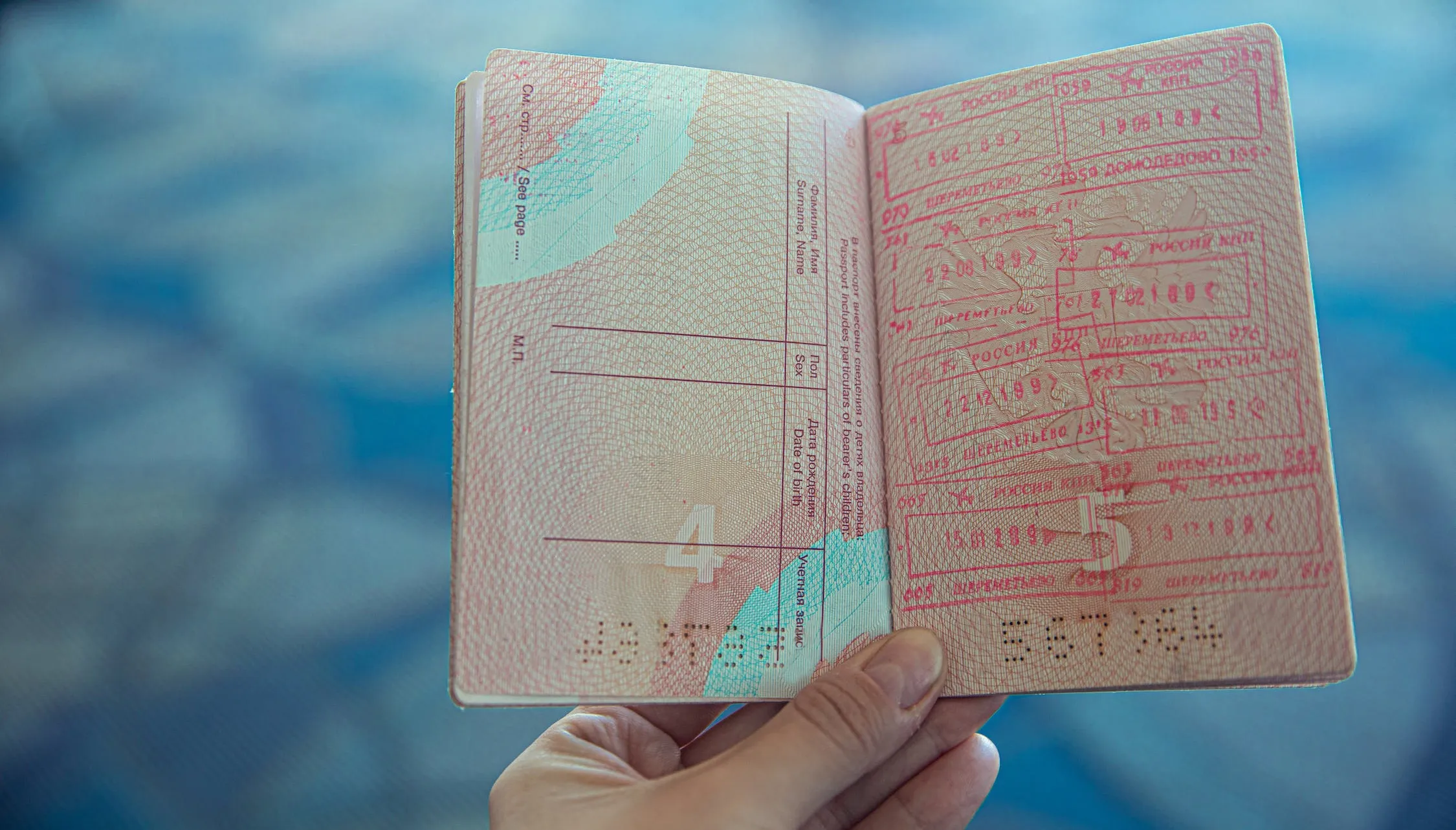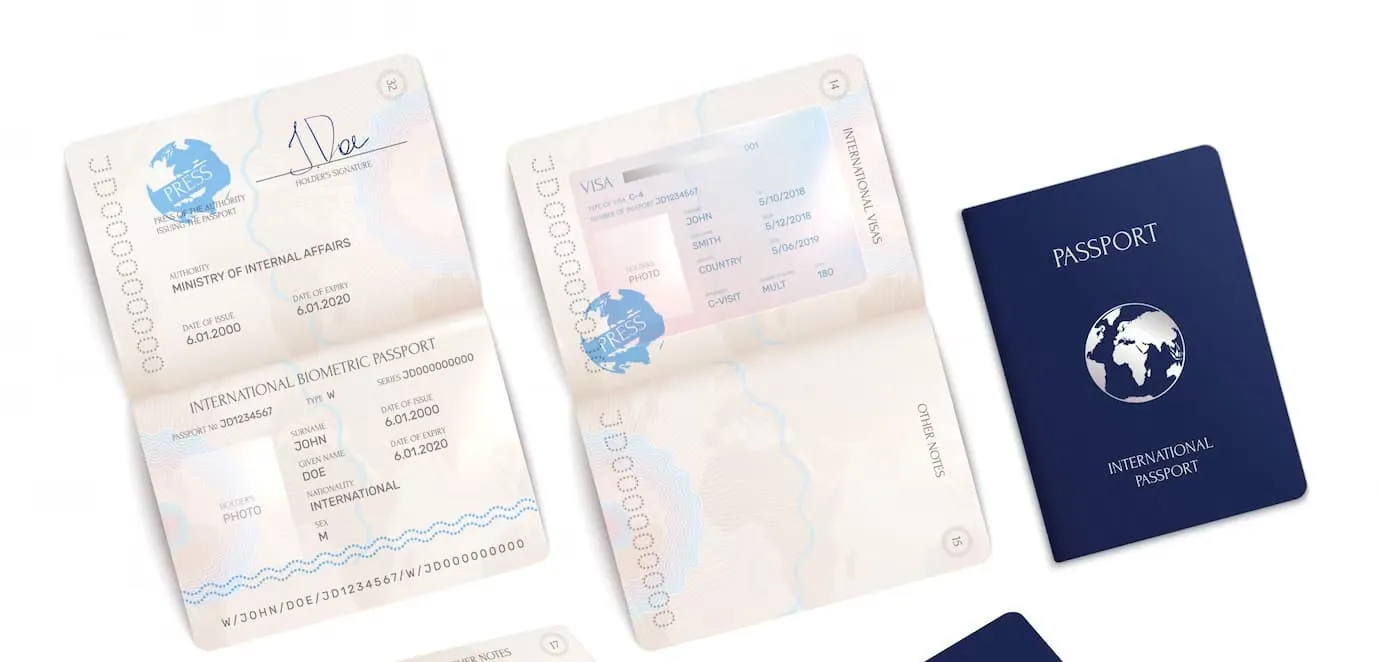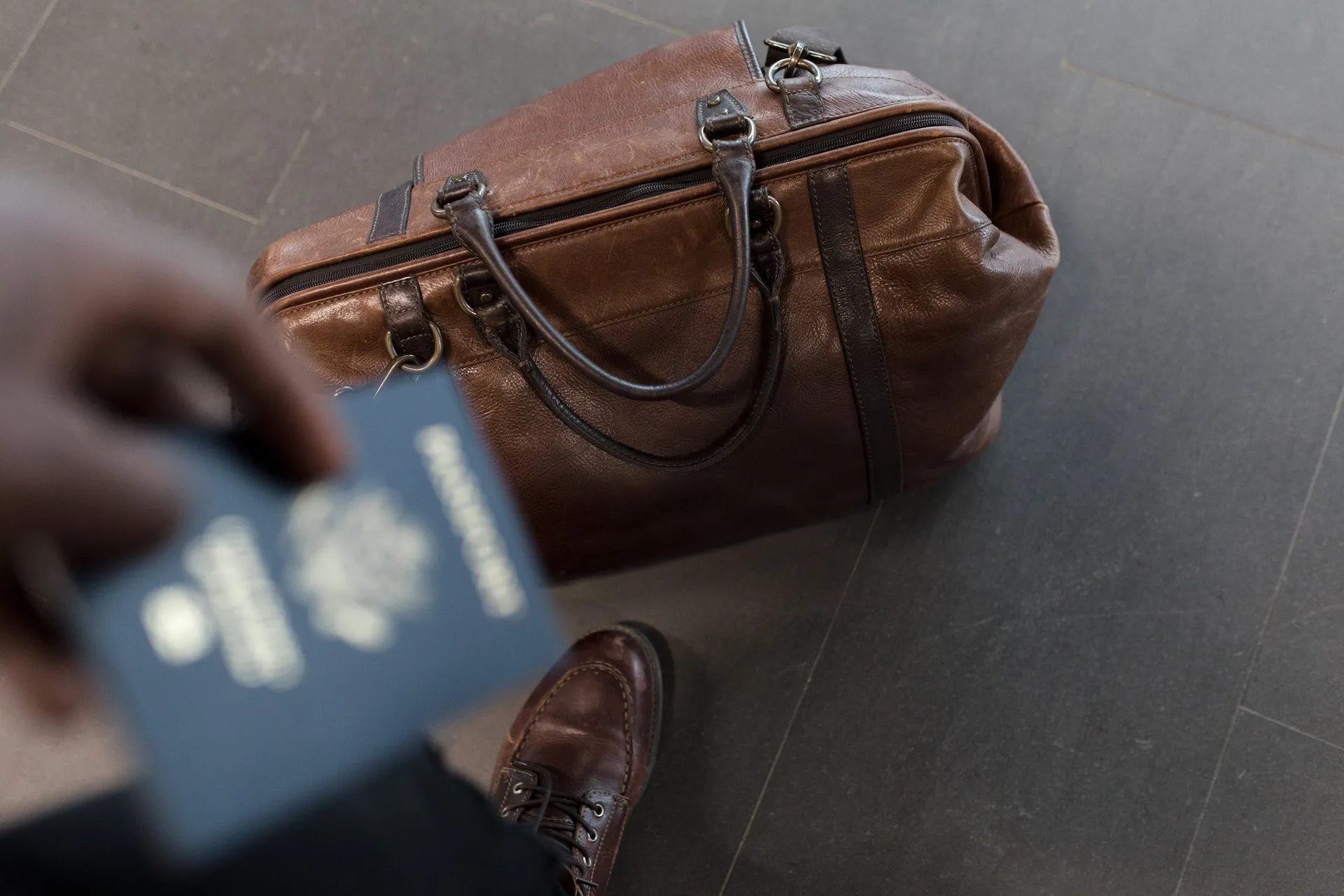Stamp 4 Ireland
If you are a non-EEA national who wishes to work in a profession or do business in Ireland without needing an employment permit, you should consider the Stamp 4.
For more inquiries about the Ireland Stamp 4 and its requirements, contact our immigration lawyers today. Call us at +44 (0)333 414 9244 or reach us online.
Read our 1001 reviews
Request a call back from our immigration experts
What are the benefits of choosing IAS’ Advice Package?
Our Advice Package is the ideal option if you are looking for expert immigration legal advice. With this service, you will have a one-on-one session with one of our immigration lawyers.
Your immigration lawyer will consider your case and offer bespoke advice, and they will advise you on the optimum route to take to achieve your desired result.
During your advice session, you will be able to discuss your case and get detailed information about your options to proceed with your case. We will:

Review your situation and explore your opportunities to get your desired immigration results.



Advice on the most appropriate documentary evidence required to support your case.



Discuss the requirements that you need to meet to qualify for your visa.



Outline the expected time frames to process your application.
Services we Provide
What is Stamp 4 in Ireland?
Stamp 4 is an Irish immigration stamp for non-EEA nationals to indicate permission to work, study, live, and set up a business without an employment permit. If you plan to stay in Ireland for over 90 days, you must register your permission at the Immigration Service Delivery (ISD).
You will first need to obtain a visa to gain entry into Ireland, after which you can register your permission. If the registration is successful, you will be issued a Stamp 4 approved by An Garda Síochána, allowing you to remain in Ireland temporarily for usually 1 year although it can be renewed.
A stamp 4 also enables access to state funds and public funded services and is a pathway to Irish citizenship.
There are different routes an individual can take to acquire Stamp 4, including entrepreneurship, investment, marriage, and long-term residency. However, UK citizens do not need a Stamp 4 or any other immigration permission to live, work, or study in Ireland.
Who Is Eligible for an Ireland Stamp 4?
You qualify for the Ireland Stamp 4 if you have been granted immigration permission to:
- Move to Ireland as a convention or programme refugee;
- Start an Irish business under the STEP (Start-up Entrepreneur Programme) category;
- Invest under the Immigrant investor programme (IIP);
- Join your Irish spouse, civil partner, or de facto partner;
- Join your refugee family member or a member who has had subsidiary protection; or
- Reside long-term in Ireland.
Additionally, you can qualify for a Stamp 4 if you have had a:
- Valid Critical Skills Employment Permit for two years,
- Valid employment permit for five years, or
- Valid Hosting Agreement as a researcher for two years.
In rare cases, the Minister for Justice can grant a person Stamp 4 permission to remain on a discretionary and exceptional basis.
How Much Does It Cost To Obtain a Stamp 4 in Ireland?
The total cost to obtain a Stamp 4 varies depending on your eligibility. For example, if you go through the IIP route, you will pay €1,500 to register for the visa and a fee of €300 per individual IRP card registration (to reflect the stamp). However, some people are not required to pay the IRP registration fee, such as those under 18, an Irish citizen’s spouse/civil partner, or an individual granted Subsidiary Protection.


Routes to Obtain Stamp 4 in Ireland
Overview
As a citizen of a visa-required country, you’ll need an Ireland visa before obtaining a Stamp 4. The Stamp 4 Ireland requirements and documents depend on your visa category.
- Critical Skills Employment Permit (CSEP)
- Start-up Entrepreneur Programme (STEP)
- Ireland Immigrant Investor Program
- Join Family Member (D) Visa
- Long-Term Residency


Critical Skills Employment Permit (CSEP)
Non-EEA nationals must obtain an employment permit to work in Ireland except if they have a Stamp 4. But in this case, they must have held a CSEP for at least two years before qualifying for Stamp 4.
Requirements
As a CSEP holder, you must:
- Be of good character.
- Have held the CSEP for at least 21 months before applying for the immigration permission.
- Be employed during their application.
Documents
After 21 months, you can visit the local immigration office with the following documents to obtain the Irish stamp:
- Your passport.
- Your Critical Skills Employment Permit.
- Your Irish Residence Permit card.
- A letter from the Department of Enterprise, Trade, and Employment confirming your employment.
If you can’t get a Stamp 4, you might get a Stamp 1 instead. But with the Stamp 1, you’ll need a work permit to work in Ireland.
For advice on whether you qualify for a Stamp 4 you should consider seeking the advice of our immigration lawyers to avoid unnecessary delays or costs.
Start-up Entrepreneur Programme (STEP)
The STEP is for non-EEA nationals who wish to set up a business in Ireland.
Requirements
The eligibility requirements for individuals in the STEP category include the following:
- Having a good character.
- Being free from any crime, charges, or convictions.
- Possessing the required €50,000 for funding.
- Having an innovative business proposal.
- Working in the business full time.
Documents
As an intending business owner in Ireland, you must provide the following documents:
- Valid passport.
- Registration fee of €350.
- Proof of the minimum €50,000 funding, which can be shown via a business loan or Venture Capital funding.
- Evidence that the money can be transferred.
- Residency Permission available under the STEP (valid for two years).


Join Family Member (D) Visa
Non-EEA nationals looking to join their Irish spouse, civil or de-facto partner residing in Ireland should obtain the Join Family Member (D) visa to receive a Stamp 4.
Requirements
The following are the eligibility requirements for obtaining the Stamp 4 through marriage or partnership means:
- You must be at least 18 during your application period.
- Your marriage must be consensual, legalised, and recognised by Irish law.
Documents
If you are joining your spouse, civil partner, or de facto partner in Ireland, you must present the following documents:
- Your signed and dated application form.
- Your coloured photographs (2 copies)
- Your signed application letter, including your contact details and purpose for going to Ireland.
- Your evidence of the claimed relationship via marriage certificate, entry/exit stamps on your spouse’s passport, civil or de facto partner or photographs together.
- Your bank financial statement from the last six months.


Long-Term Residency
After living in Ireland for 60 months (five years) as an employment permit holder, you may apply for the Long Term Residency permission.
Requirements
You must provide the following documents if you wish to reside long-term in Ireland:
- You must have qualifying stamps to prove your five years of residency.
- You must have had a valid employment permit or CSEP.
- You must have a clear criminal record.
- You must be employed during and after your application. Meanwhile, self-employment is not allowed.
Documents
If you are changing from temporary to long-term residency, you must submit the following documents:
- Your valid passport.
- Your current Irish Residence Permit (IRP) card.
- Your employment permits (coloured copies).
- Your employment letter from your employer highlighting your contract start date and employment terms.
- Proof of ongoing residency in Ireland.
How to Apply for Stamp 4 in Ireland?
Overview
The steps to apply for an immigration permission in Ireland vary depending on the purpose of your stay and the Irish national immigration policies. The following are the general steps involved in obtaining a Stamp 4 in Ireland:
Gather Your Documents
Firstly, you need to select your visa option. Once you have decided, you should head to the Irish Naturalisation and Immigration Service website to get your document checklist based on your decision or see the listed documents above.
Submit an Email Application
You need to download and fill out an application form online. When submitting, you will include the form alongside other required documents. Find the email address to submit your form below:
Investors (IIP) & Entrepreneur (STEP) – investors and entrepreneurs should submit their forms to IIP&[email protected].
Professional (CSEP) – after 21 months as a CSEP holder, you must complete a form and email it to [email protected] for a Stamp 4.
Register Your Permission to Obtain a Stamp 4
After entering Ireland, register your permission to remain with the appropriate Irish immigration authorities within 90 days. To do so, you must schedule an appointment with the Garda National Immigration Bureau (GNIB) or the ISD registration office. You can register with the ISD if you are in Dublin or with the GNIB registration office if you are outside Dublin.
If you cannot book an appointment within the 90-day window, it is essential to stay in Ireland. You may still be allowed to register, but you must provide evidence of your attempts to secure an appointment within the closed 90 days. Failing to provide this evidence can lead to a refusal.
Upon successful registration, an immigration officer will stamp your passport. Not all permissions are reflected in the passport, but it will be reflected on your residence permit card.
Get Your IRP Card
After successfully registering your permission and paying the €300 fee, your IRP will be mailed to you. Make sure to provide the ISD or GNIB with an exact address. The stamp on your IRP will verify your legal residency.
For more enquiries on how to apply for a Stamp 4, you should contact our immigration experts. Call us at +44 (0)333 414 9244, or reach us online.
How Can IAS Help?
To obtain a Stamp 4 in Ireland, you must first understand the Irish national immigration policy and application process. But you don’t have to do it alone, as getting refused on your visa application and paying another application fee can be frustrating. Our Irish immigration experts can guide you on the best steps to avoid the denial of your visa application.
Additionally, if you want to renew your permission, IAS can provide comprehensive assistance in order to extend your immigration permission. We will ensure that you are providing all relevant and accurate documentation required for your renewal application.
Contact us today at +44 (0)333 414 9244 or online for further assistance and expert advice to obtain a Stamp 4.
Table of Contents
Table of Contents will appear here.Legal Disclaimer
The information provided is for general informational purposes only and does not constitute legal advice. While we make every effort to ensure accuracy, the law may change, and the information may not reflect the most current legal developments. No warranty is given regarding the accuracy or completeness of the information, and we do not accept liability in such cases. We recommend consulting with a qualified lawyer at Immigration Advice Service before making any decisions based on the content provided.
Frequently Asked Questions
The Stamp 3 is given to those who have permission to stay in Ireland as a volunteer. It does not permit working or engaging in business like the Stamp 4. If you want to change from a Stamp 3 to Stamp 4, contact our immigration lawyers.
After your spouse or civil partner is granted permission to reside with you in Ireland, they will be issued Stamp 4 endorsement on their passport. Stamp 4 permits them to live and work in Ireland for the duration indicated on the Irish immigration stamp.
A Stamp 4 category called Stamp 4 EU Fam is given to non-EU dependent family members of EU nationals who wish to work and reside in the EU. However, the EU nationals must live and work in Ireland for their non-EU dependent on receiving the Stamp 4 EU Fam.
Key benefits of obtaining Stamp 4 in Ireland:
- You can take up any form of employment or be self-employed without needing a work permit.
- You may be eligible for certain social welfare benefits, public healthcare, and other services.
- Stamp 4 counts towards the 5-year residency requirement for applying for long-term residency or naturalisation (Irish citizenship).
- You are not tied to a specific employer or sector, unlike other stamps that may restrict employment options.
- Your spouse and children may also be eligible for Stamp 4, with similar benefits, especially if you have been granted permission under family reunification.


What our clients are saying
How our UK Immigration Lawyers can help
At the Immigration Advice Service our lawyers specialise in a wide range of UK visas, nationality and asylum applications and have represented clients in various successful complex and high-profile cases.














